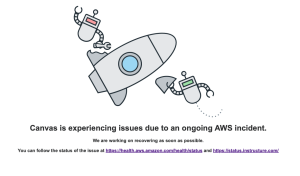Stop shaming people for getting sleep
December 1, 2017
“Sleep shaming” is an issue endemic to New Trier. It seems a peculiar ritual as students lament how little sleep they got as the teacher hands out the test, each aspiring to out-do their friends in a vicious cycle that harms students. Each cry of “oh, well I went to bed at 3 am,” further legitimizes a culture that subconsciously encourages students to procrastinate and neglect their mental health.
These conversations rapidly become competitions of who is going to “totally fail this test” the most. Students in these scenarios thrive on their peers (often exaggerated) claims of busy, sleepless nights. When students come to school believing their peers’ claims that everybody else in their class is sleep deprived, they leave more likely to mimic these behaviors to the detriment of their mental and physical health.
“This attention seeking behavior is destructive, but is something that we are all admittedly prone to. Students should not feel the need to rationalize our shortcomings by soliciting pity for our long nights of procrastination.
There is a perception that the more rigorous classes you take, the less sleep you will get; so students will boast how little sleep they get as a way to covertly share how many AP or honors classes they take. The fallacy in this logic is that these restless nights are rarely an indication of course rigor, but of time management skills (or the lack thereof).
Even worse than legitimizing their lack of sleep, this phenomena can go so far as to shame students who do get adequate sleep. When students reveal how much sleep they get they can be judged by peers as simpletons without passion for their studies or friends, quite often, the opposite is true.
Sleep is fundamental to student wellbeing. As we’re reminded often, the teenage brain requires 8-10 hours of sleep for optimal functioning. Though it’s often possible to power through a day or two, prolonged sleep deprivation affects not only academic performance, but social relationships. Sleep deprived persons can become more prone to illness, resulting in missed days of school and further heightened stress and a backlog of work.
We want students to be happy and healthy so next time you witness your peers competing to have the worst evening, try interjecting with something positive. If you find yourself or a friend slipping into this habit, don’t be afraid to call them out. We should all work to find ways to get through our problems without routinely soliciting pity.
As students head into the hectic winter season —with finals just around the corner— it’s important that we all access our behaviors to support ourselves and others in healthier and less destructive ways.












































